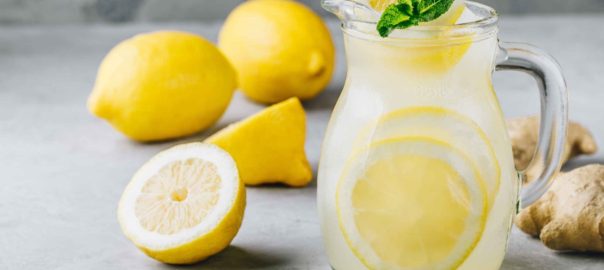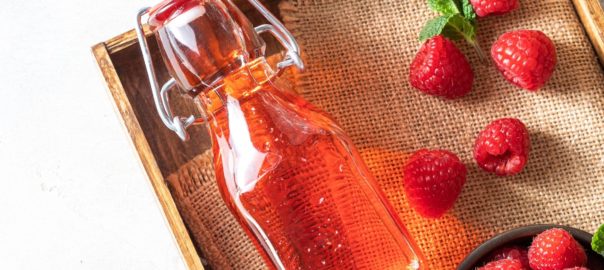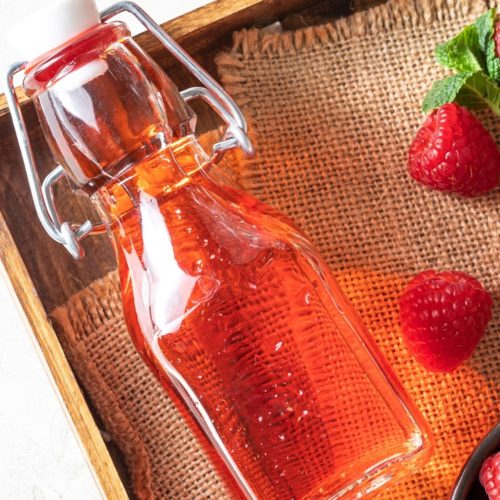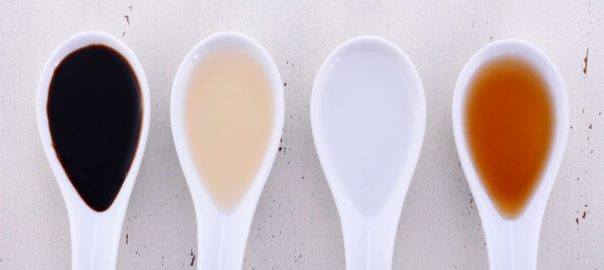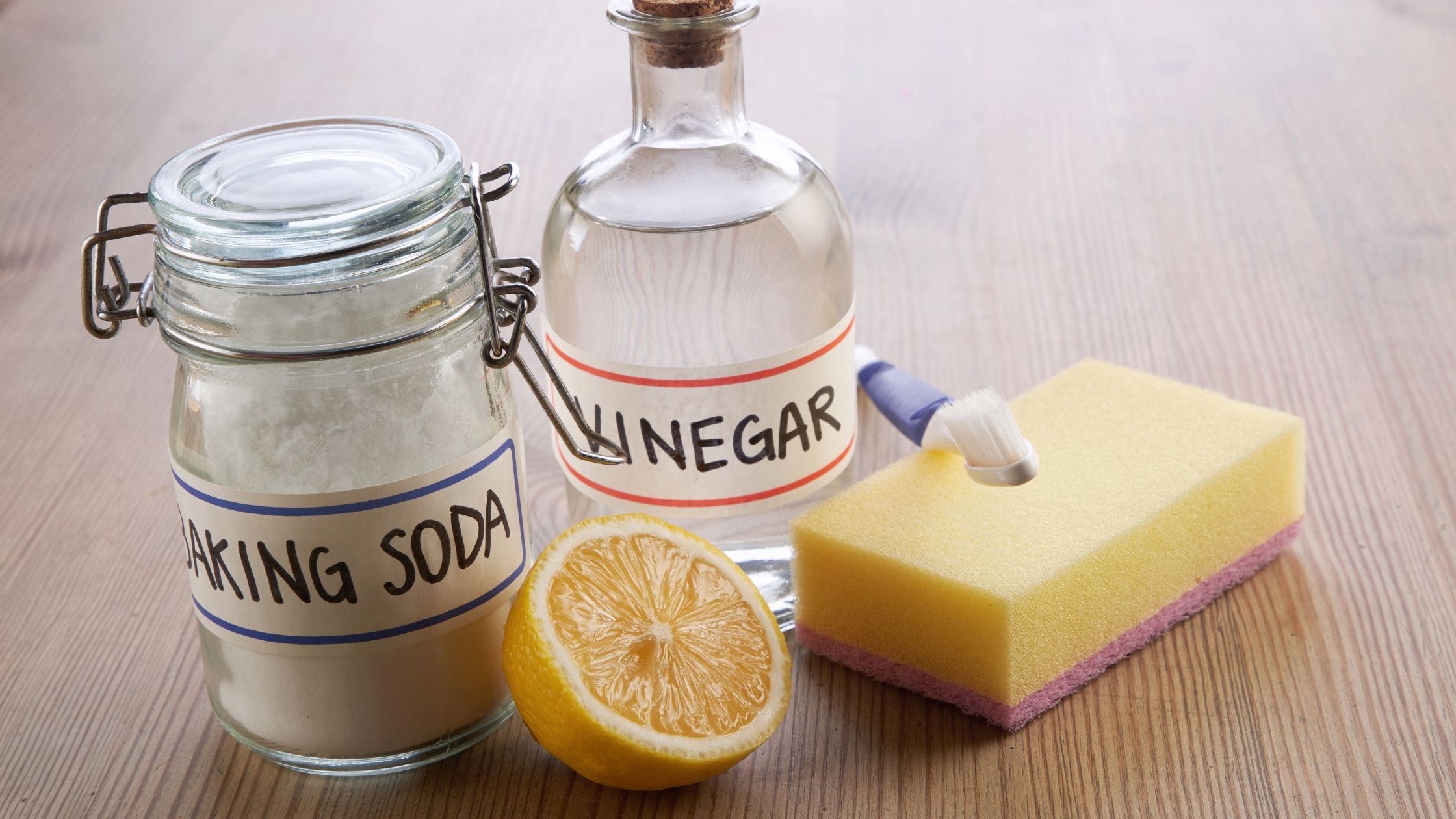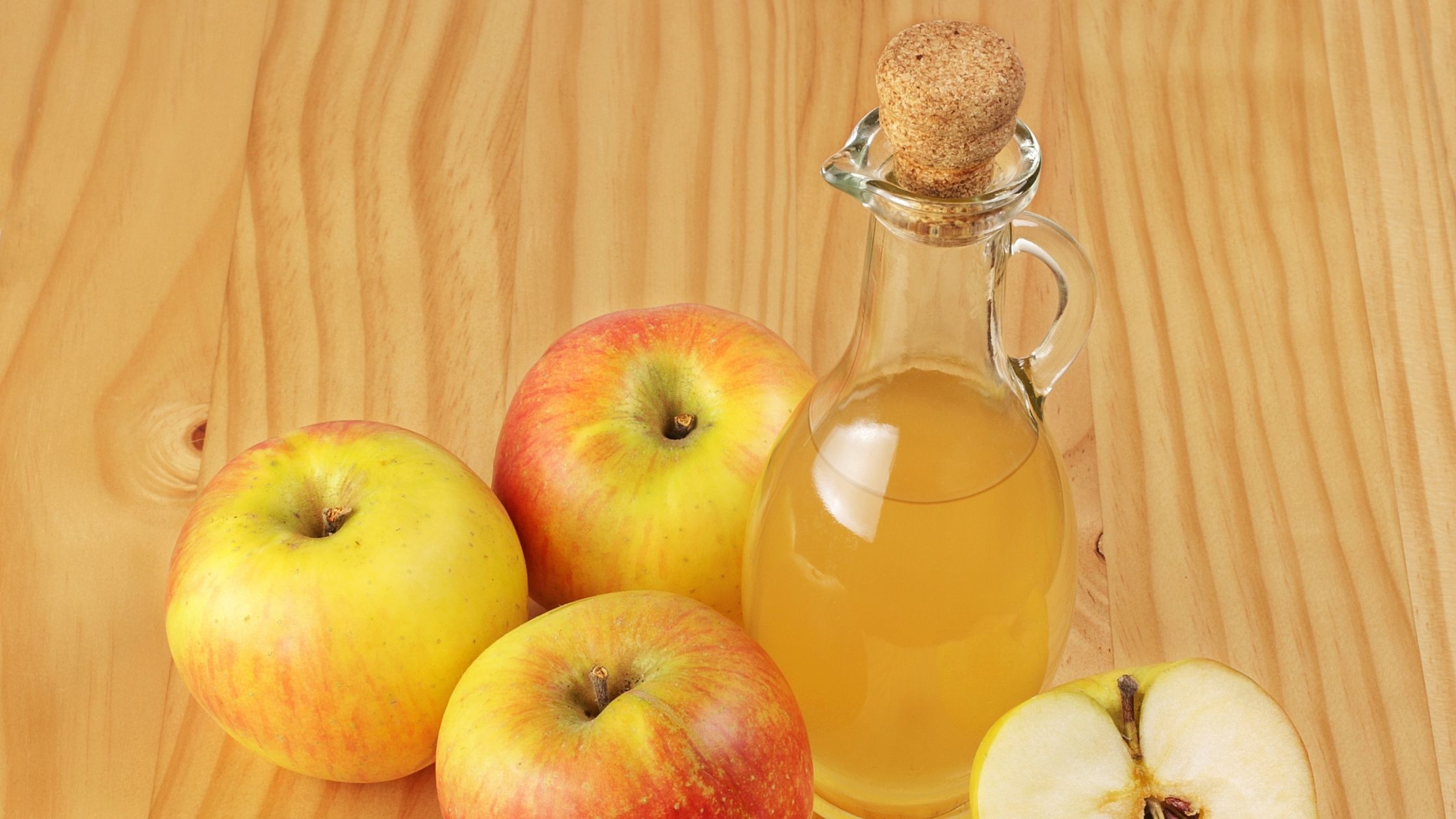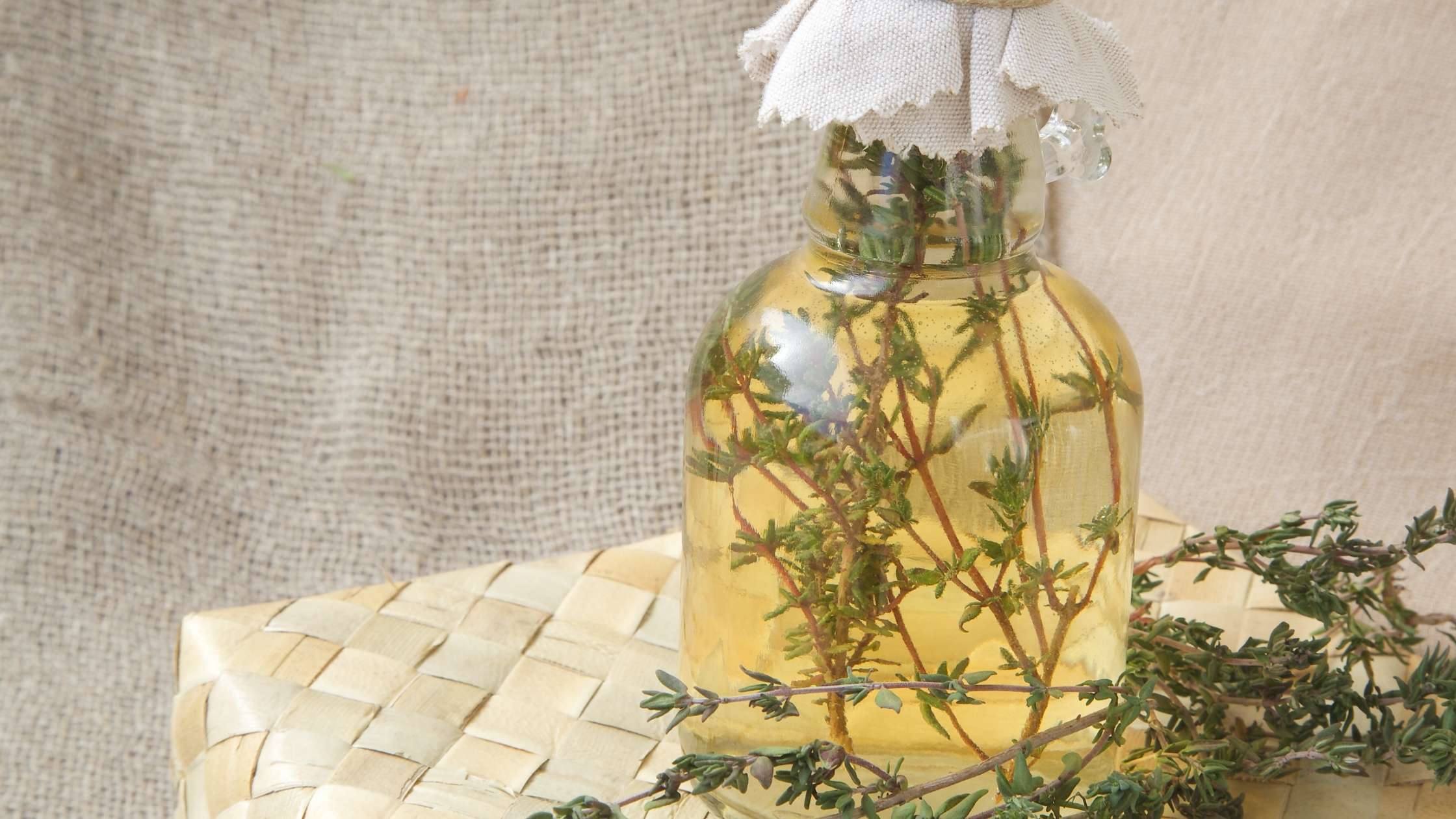Second question first. Your body does better when it is in a more alkaline state. If you happen to remember from your high school biology class, a pH of 7.0 is base or neutral. You should be somewhere between 7.2-7.4 in order to be healthy. When your body is in a more acidic state you can potentially be prone to illness.
Effects of PH imbalance
Maintaining an acidic body state for a long period of time can cause a wide variety of illnesses such as headaches, inflammation, bloating, acne, hair or nails that break easily, and other symptoms.
Because the body seeks balance, if it is too acidic it will pull minerals from your bones and from muscle tissue. Eventually, you can experience a significant depletion of minerals.
How to maintain PH balance
However, simply drinking alkalizing beverages isn't enough. You actually need to consume a more alkaline diet.
Our modern American diet tends to be highly acidic, especially when it's high in processed foods and animal products. So in order to shift away from high acidity, it's a good idea to include more alkalizing foods in your diet.
Ideally, most people appear to do best when they consume a diet that is 60-70% alkalizing foods. This includes:
- asparagus
- celery
- dark leafy greens
- onions
- sweet potatoes
- parsnips
- strawberries
- raspberries
- lemons
- limes
- honeydew melon
In addition to making sure you add alkalizing foods to your diet, it can be a good idea to start the day with an alkalizing drink.
However, it's important to know that just drinking alkaline water isn't going to alkalize your body. Studies indicate that drinking alkaline water does not increase body pH.
That doesn't mean there aren't any benefits though. Drinking naturally alkaline water may help decrease the enzyme that can cause acid reflux. Other research seems to indicate that drinking alkaline water may be beneficial for people with conditions such as diabetes, high cholesterol, and/or high blood pressure.
What is an alkalizing beverage?
Rather than simply drinking alkaline water, consider having a glass of water with 1-2 tablespoons of lemon juice or raw apple cider vinegar. If you're not used to the tartness of either of these you may have to work up to it by starting with 1 teaspoon in a glass of water and increasing a teaspoon at a time.
Adding a greens powder to water or a morning smoothie is another way to get an alkalizing beverage into your day. Another option would be to drink kombucha or water kefir, either plain or adding a healthy slug to water glass. This can be a great start to the day and one that has the added benefit of probiotics to further support gut health.
Vinegar and lemons are acidic so how can they be alkalizing?
It's one of the odd properties of acid-alkaline balance. Yes, we do consider them to be acidic however their ash, or residue after they have been broken down, is alkaline. That makes them alkalizing food. This alkalizing effect is also found with limes and grapefruits however not with oranges.
If you want to test to see whether your specific body state is more alkaline or more acidic you can purchase a First Morning Urine Ph Kit.These strips test either urine or saliva (urine is generally considered to be a better indicator). If you are interested in changing your diet you could also consider getting a copy of The Joy in Living The Alkaline Way. Both the pH Test Kit and the book are available online at Better Lab Tests Now.
Simply enter the word Alkaline into the search bar to get a free copy of the book, order the test kit, plus find more information about alkalizing.
So yes, it's a good idea to start your day with an alkalizing beverage and drink for your health. And then evaluate your diet to add more alkalizing foods.
Sources
"Alkaline Water: Better Than Plain Water?". Mayo Clinic, 2021, https://www.mayoclinic.org/healthy-lifestyle/nutrition-and-healthy-eating/expert-answers/alkaline-water/faq-20058029.
Koufman, Jamie A., and Nikki Johnston. "Potential Benefits Of Ph 8.8 Alkaline Drinking Water As An Adjunct In The Treatment Of Reflux Disease". Annals Of Otology, Rhinology & Laryngology, vol 121, no. 7, 2012, pp. 431-434. SAGE Publications, doi:10.1177/000348941212100702.
"Preliminary Observation On Changes Of Blood Pressure, Blood Sugar And Blood Lipids After Using Alkaline Ionized Drinking Water--《Shanghai Journal Of Preventive Medicine》2001年12期 ". En.Cnki.Com.Cn, 2021, http://en.cnki.com.cn/Article_en/CJFDTOTAL-SHYI200112005.htm.
Michelle Liew, B.A. "15 Signs Your Body Has Too High Acidity Levels And How To Fix It". Life Advancer, 2016, https://www.lifeadvancer.com/body-high-acidity-levels/.

